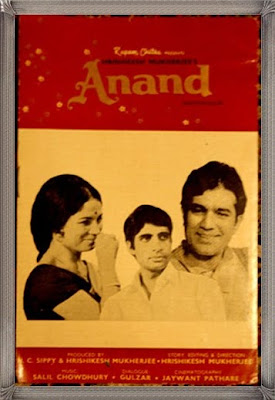"If I Were a Rich Man" is a song from the 1964 musical Fiddler on the Roof. The song is performed by Tevye, the main character in the musical, and reflects his dreams of glory.The song is broken into four verses.Through the first two verses, Tevye dreams of the material comforts that wealth would bring him. Sung comedically, Tevye first considers the enormous house he would buy and the needless luxuries he would fill it with, including a third staircase "leading nowhere, just for show," then the poultry he would buy to fill his yard.
Tevye switches his attention to the luxuries in which he would shower his wife, Golde, in the third verse. He talks of servants to alleviate her workload, fancy clothes for her pleasure, and mountains of food. The music and vocals intensify when Tevye starts lamenting his place in the community as a lowly milkman, and considers the esteem and importance that wealth would bring him.
In the final verse, Tevye softens as he further considers his devotion to God. He expresses his sorrow that the long working hours he keeps prevents him from spending as much time in the synagogue(It is the center of the Jewish religious community: a place of prayer, study and education)as he would like, and how wealth would allow him to spend less time working and more time praying and studying Torah(The books of Jewish scriptures and other sacred Jewish writings)
A repeated phrase throughout the song, "all day long I'd bidi-bidi-bum," is often misunderstood to refer to Tevye's desire not to have to work. However, the phrase "bidi-bidi-bum" is a reference to the practice of Jewish prayer, in particular davening.
Here is the lyrics
"Dear God, you made many, many poor people.
I realize, of course, that it's no shame to be poor.
But it's no great honor either!
So, what would have been so terrible if I had a small fortune?"
If I were a rich man,
Ya ha deedle deedle, bubba bubba deedle deedle dum.
All day long I'd biddy biddy bum.
If I were a wealthy man.
I wouldn't have to work hard.
Ya ha deedle deedle, bubba bubba deedle deedle dum.
If I were a biddy biddy rich,
Yidle-diddle-didle-didle man.
I'd build a big tall house with rooms by the dozen,
Right in the middle of the town.
A fine tin roof with real wooden floors below.
There would be one long staircase just going up,
And one even longer coming down,
And one more leading nowhere, just for show.
I'd fill my yard with chicks and turkeys and geese and ducks
For the town to see and hear.
(Insert)Squawking just as noisily as they can. (End Insert)
With each loud "cheep" "swaqwk" "honk" "quack"
Would land like a trumpet on the ear,
As if to say "Here lives a wealthy man."
If I were a rich man,
Ya ha deedle deedle, bubba bubba deedle deedle dum.
All day long I'd biddy biddy bum.
If I were a wealthy man.
I wouldn't have to work hard.
Ya ha deedle deedle, bubba bubba deedle deedle dum.
If I were a biddy biddy rich,
Yidle-diddle-didle-didle man.
I see my wife, my Golde, looking like a rich man's wife
With a proper double-chin.
Supervising meals to her heart's delight.
I see her putting on airs and strutting like a peacock.
Oy, what a happy mood she's in.
Screaming at the servants, day and night.
The most important men in town would come to fawn on me!
They would ask me to advise them,
Like a Solomon the Wise.
"If you please, Reb Tevye..."
"Pardon me, Reb Tevye..."
Posing problems that would cross a rabbi's eyes!
And it won't make one bit of difference if i answer right or wrong.
When you're rich, they think you really know!
If I were rich, I'd have the time that I lack
To sit in the synagogue and pray.
And maybe have a seat by the Eastern wall.
And I'd discuss the holy books with the learned men, several hours every day.
That would be the sweetest thing of all.
If I were a rich man,
Ya ha deedle deedle, bubba bubba deedle deedle dum.
All day long I'd biddy biddy bum.
If I were a wealthy man.
I wouldn't have to work hard.
Ya ha deedle deedle, bubba bubba deedle deedle dum.
Lord who mad the lion and the lamb,
You decreed I should be what I am.
Would it spoil some vast eternal plan?
If I were a wealthy man.
.





































.jpg)